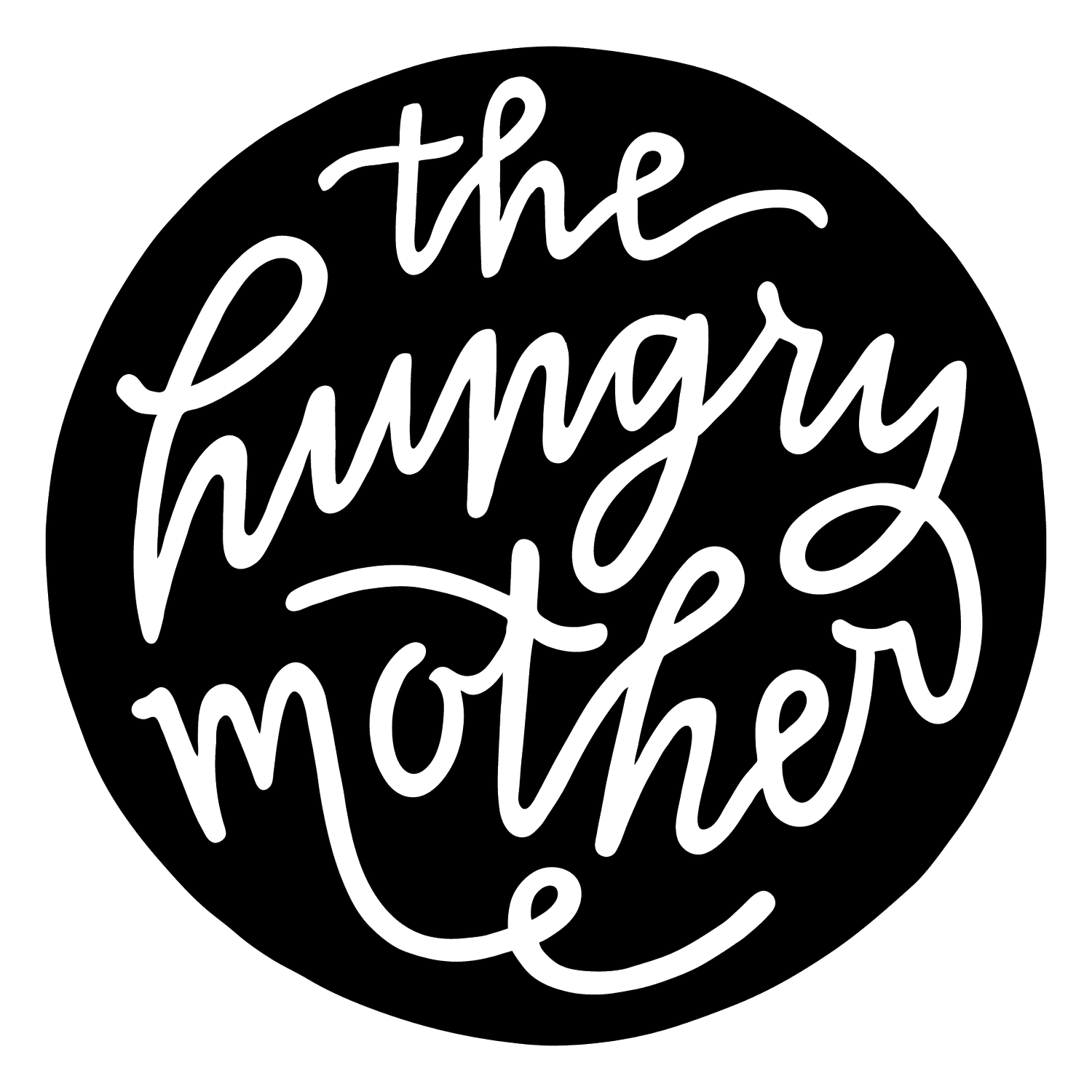Basket Case
--TW Mental Health, Depression, Suicide
This picture was taken in the immediate wake of Anthony Bourdain’s suicide. A friend of mine once told me that they could not comprehend how a person could kill themselves. Once I got over the shock that a person could be free of thoughts that have doggedly pursued me off and on for a big chunk of my adult life, I was left with feelings of jealousy.
Right now, while writing this, I feel the need to tell you that I am currently well cared for by both a therapist and psychiatrist. That I am not in crisis. That I am “okay”—whatever that means these days. What I want to do here is just talk about it—without soliciting advice, without anyone feeling the need to give me a pep talk, without someone telling me how to feel about my mental illness. I know that might be impossible, but I am asking you to try.
When I was in high school, I vividly remember feeling as if a giant neon orange arrow floated above my head at all times. THIS GIRL IS DIFFERENT it read. SHE IS WEIRD AND LOUD. SHE IS TOO MUCH. SHE IS A PILL. Sometimes, it felt like I was a special creature, a unicorn, a magical anomaly. Most times though, it felt as if I were actually from another planet and was constantly struggling against the social expectations of catholic education and the wild wild west of high school social dynamics. It was a lot.
As an adult, I have felt this way often but just like anything, the newness fades and the buzz just continues in the background. It took a long time and a lot of therapy to get a diagnosis and a treatment plan for my bipolar II. Often times, it felt like hacking through a forest daily until I came to a clearing. The clearings were a relief but the journey pushed on until I was once again laboring through the jungle of my brain with a sweat-drenched brow.
I once read that during the times of knights and the feudal system, some serfs would often be in possession of multiple flags, changing them as the countries claimed different territories in victory and others lost territory in defeat. That is what it felt like before I was diagnosed with bipolar II. The flags of anxiety and depression and—less frequently—mania would go up and down the flag pole. As is common with bipolar II, it was mostly depression.
There is the stigma surrounding mental illness like a moat filled with alligators. Listen to someone describe a “crazy ex-girlfriend” or even the often erratic behavior of Kanye West—who, by the way, is also a giant asshole and while his behavior can be informed by his bipolar diagnosis, it cannot be blamed entirely—and you’ll catch the dismissal of someone who is acting in extremes as “wow that chick is so bipolar.” It doesn’t bother me all that much but it does give me pause when I consider sharing this part of my identity.
Bipolar is also a federally recognized disability. I had to confront my own ableist prejudices. I had to think about how I moved with what is considered an invisible disability. I had to consider whether or not I claimed my diagnosis when applying for jobs. I had to think about why my diagnosis was considered a disability and carefully examine the places where I was bullying myself for being lazy—a common thought for me especially when in a deep pit of depression. I also had to mourn my mania.
God. I loved my mania. I was productive, I felt more attractive and charming. Even though my bouts of mania were short-lived—a hallmark of the “II” in bipolar II—they were what made the depression a little more bearable, a price I paid for the glory of a manic episode. The problem with that is the higher the mountain top, the deeper the valley. Since my diagnosis in April 2018, I have been flattening the curve since before it was cool.
Now, I am properly medicated. This means the distance between the peaks and valleys are more curvy road in the country than a sky-high roller coaster. It means that my moods are managed better. It does not mean that I am consistently blissful or in despair. What it does mean is that the dips and jumps are less severe and that I now have the skills set and brain chemistry to handle or at the very least ride them out.
This is all to say that therapy is good. Meds are good. If you are struggling, I see you. You deserve to be helped. You are not less because you have a mental illness. Meds are not a failure. I am out here in the forest, still hacking my way through. I have walked the path with rocks in my shoes and know now that I do not have to.

